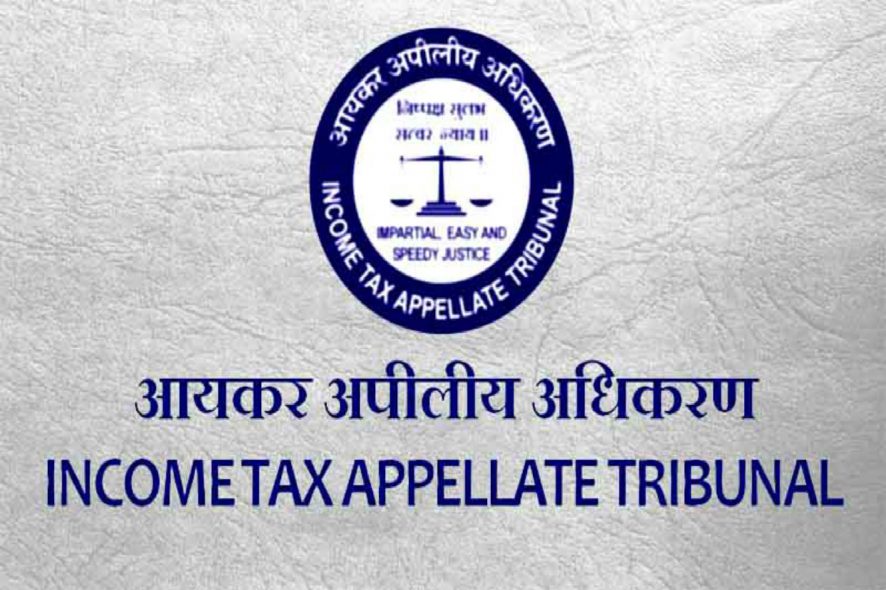Income Tax Appellate Tribunal (ITAT): A Bench of Amit Shukla, Judicial Member and Prashant Maharishi, Accountant Member, allowed an income tax appeal filed by the assessee — Senior Advocate Harish Salve — against the order of the Commissioner of Income Tax (Appeals) in relation to the assessment year 2011-2012.
The main point for consideration before the Appellate Tribunal was whether the expenditure amounting to Rs 28,45,372 incurred by Mr Salve on the scholarship of two Indian Oxford Scholars was deductible under Section 37(1) of the Income Tax Act, 1961.
According to Mr Salve, the said expenditure was made with the intention to further the expansion of his international practice. One of the Oxford Scholars — Deeksha Sharma — for whom he provided scholarship, did her masters in International Taxation with focus on the famous Vodafone case. She sat in meetings and made valuable contributions when Mr Salve was preparing for the case. According to Mr Salve, these activities add a lot of value to his CV. Therefore, he submitted that this expenditure is wholly and exclusively incurred for the purposes of his profession and hence is allowable under Section 37(1).
The Assessing Officer, on the other hand, held that giving scholarships to the students cannot be a factor which will lead to building the overall persona of Mr Salve, contributing to his professional stature. In nutshell, he held that the amount of scholarship incurred by Mr Salve was not an expenditure wholly and exclusively incurred for the purpose of the profession and not allowable under Section 37(1). Therefore, he disallowed it.
Before the Appellate Tribunal, Mr Salve was represented by Sachit Jolly, Advocate. Per contra, Surendra Pal, Senior Department Representative appeared for the Revenue.
The Appellate Tribunal observed that allowability of an expenditure incurred by the assessee under Section 37(1) is required to be tested in accordance with the nature and scale of the business/profession of the assessee. It was stated:
“Undoubtedly, assessee is a noted international lawyer who has set up a scholarship for creating his visibility in international arena and his social standing. The assessee has specifically submitted that it has increased lot of value of the CV of the assessee and the government of Singapore has appointed him on certain committees of repute. Even otherwise, it is not open to the revenue to adopt a subjective standard of reasonable as and decide whether the type of the expenditure of the assessee should incur and in what circumstances. The opinion of the learned assessing officer that attending the conferences et cetera would have added more weightage to the professional profile of the assessee is devoid of any merit. It is not the AO but the assessee is carrying on the profession. He knows better what kind of expenditure he should incur for furtherance of his business. To judge allowability of expenditure, the learned assessing officer should put himself into the shoes of the assessee and then decide that whether the expenditure incurred by the assessee is necessary or not for the business of the assessee. Thus, allowability of expenditure should always be judged from the mindset of the assessee.”
On facts of the case, the Appellate Tribunal held that definitely there was a nexus between the scholarship expenditure incurred by Mr Salve and the professional services rendered by him. Therefore, the Appellate Tribunal was of the opinion that Mr Salve incurred the above expenditure wholly and exclusively for the purposes of his profession. Thus, the scholarship expenditure was a revenue expenditure allowable under Section 37(1) of the Income-tax Act.
Additionally, Revenue’s challenge to the action of CIT (Appeals) in deleting the addition of Rs 13,71,818 made by the Assessing Officer on account of foreign exchange loss, was also rejected.[Harish N. Salve v. CIT, 2019 SCC OnLine ITAT 349, decided on 13-08-2019]







